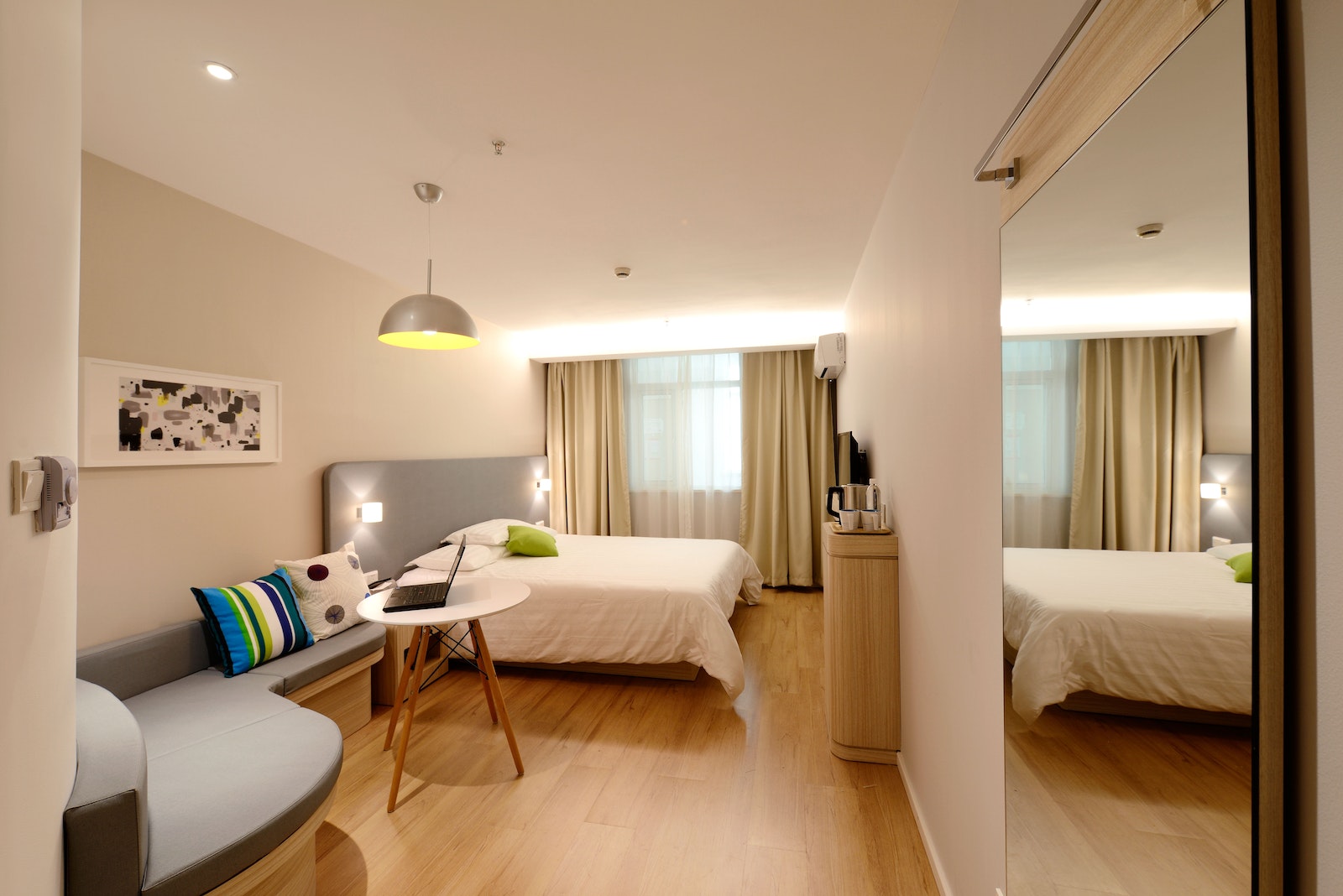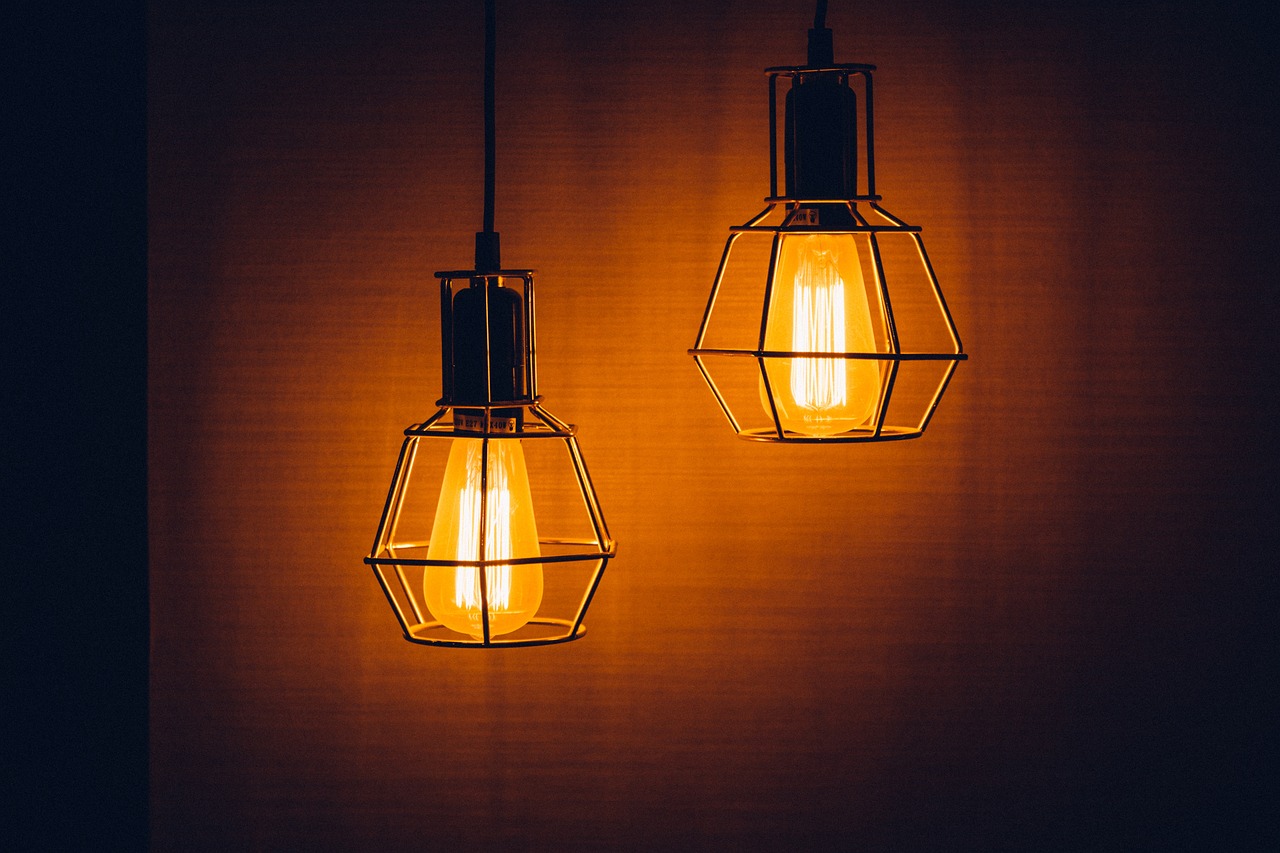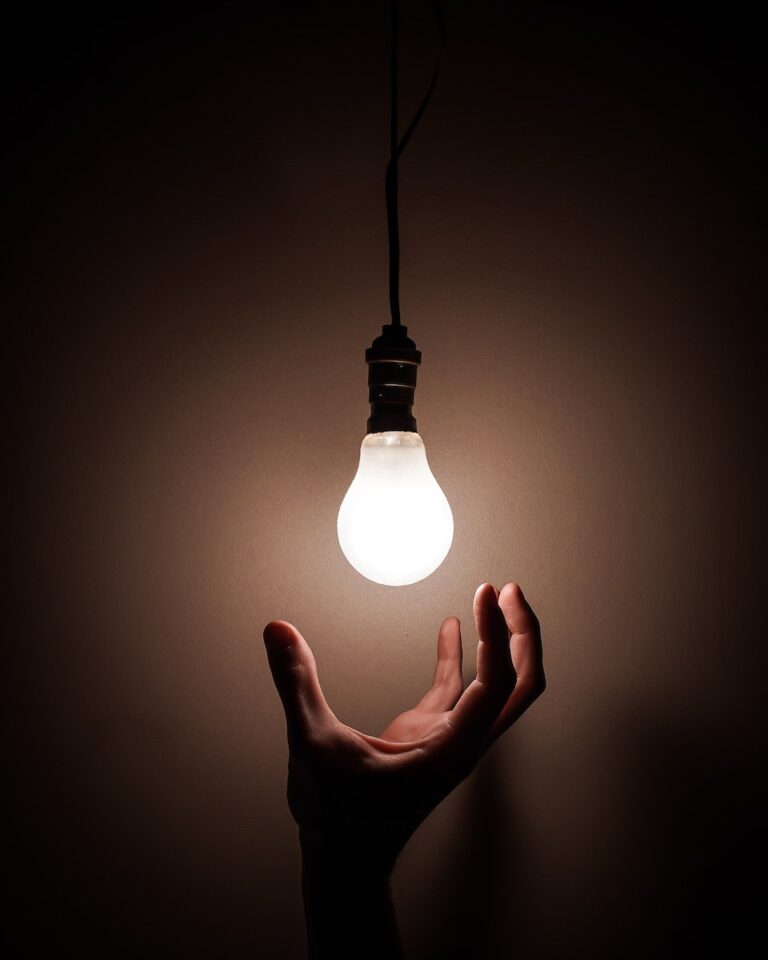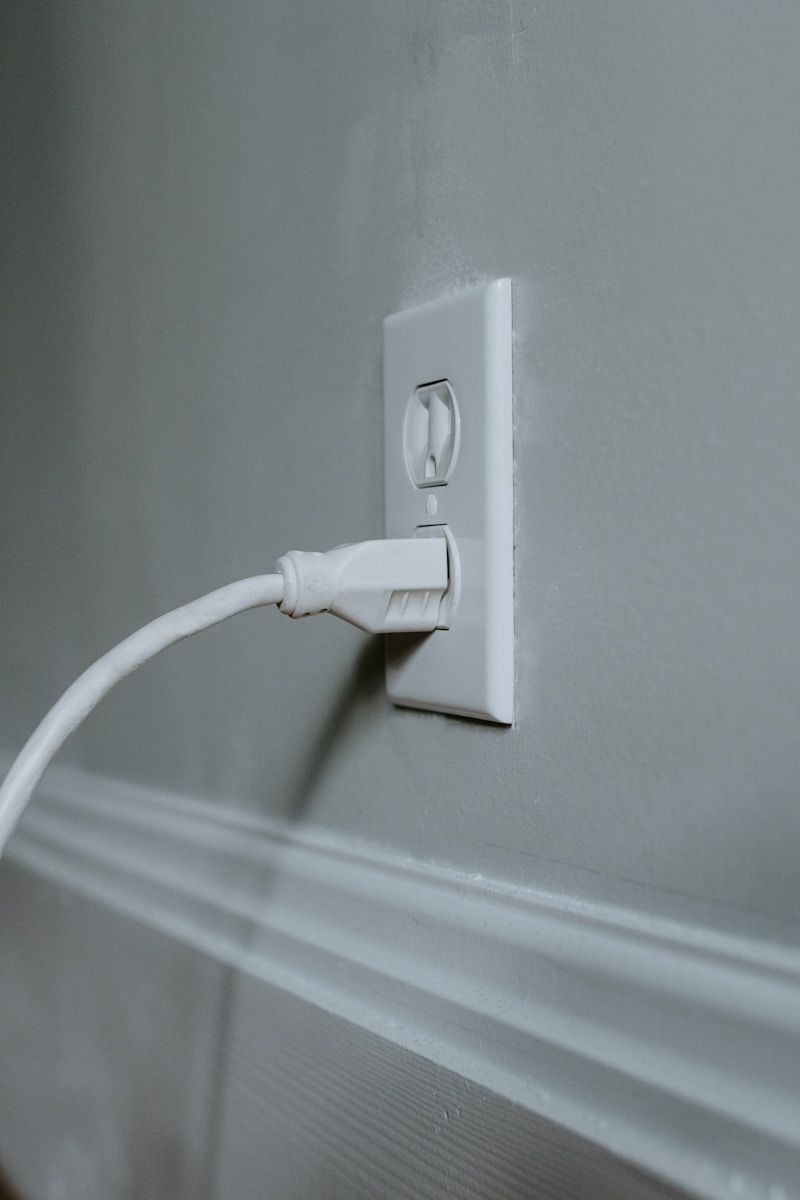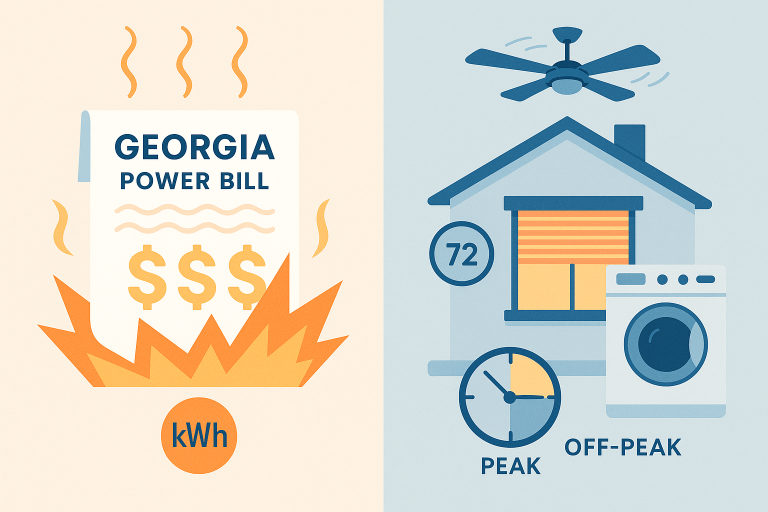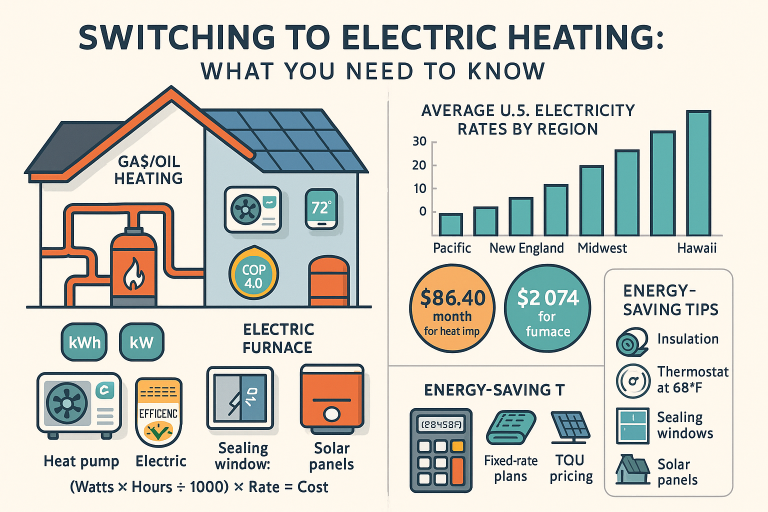The Ultimate Guide to Electric Bills in Apartments
As a renter, you might be wondering how electric bills work in apartments. After all, you don’t own the property, so how do you know what you’re paying for and how much you should expect to pay each month? In this article, I’ll be discussing how electric bills work in apartments and what you need to know as a tenant.
How Are Electric Bills Determined in Apartments?
The way electric bills are determined in apartments can vary depending on the property and its owner. Some landlords include the cost of electricity in the rent, while others may have each tenant pay for their own electricity usage.
Rent-Included Electric Bills
In some apartments, the cost of electricity is included in the monthly rent. In this case, the landlord pays the electric bill, and the cost is divided among the tenants based on the size of their unit and the number of occupants.
For example, if you live in a two-bedroom apartment with three people, you might pay a higher portion of the electric bill than someone who lives in a studio apartment with just one person. This way, the cost of electricity is shared fairly among all the tenants.
Tenant-Paid Electric Bills
In other apartments, each tenant pays for their own electricity usage. In this case, the tenant is responsible for setting up an account with the local electric company and paying the bill each month.
This type of billing arrangement can be beneficial for tenants because it gives them more control over their energy usage and costs. For example, if you’re concerned about high electricity bills, you might choose to use energy-efficient appliances and lights, which can help reduce your bill.
How to Read an Electric Bill
Whether you’re paying for your own electricity or the cost is included in your rent, it’s important to understand how to read an electric bill. Here’s what you need to know:
- Billing period: This is the time period for which you’re being billed. It’s usually a month, but it can be longer or shorter depending on your electric company.
- Energy usage: This is the amount of electricity you used during the billing period. It’s usually measured in kilowatt-hours (kWh).
- Energy charge: This is the amount you’re charged for the electricity you used. It’s usually expressed in cents per kilowatt-hour.
- Taxes and fees: This is the amount you’re charged for taxes and other fees related to your electricity usage. It can include state taxes, local taxes, and fees for using the electric grid.
- Total amount due: This is the total amount you owe for your electricity usage, including energy charges, taxes, and fees.
How to Save on Your Electric Bill in an Apartment
If you’re paying for your own electricity, there are several things you can do to save on your electric bill in an apartment. Here are a few tips:
- Use energy-efficient appliances: Energy-efficient appliances use less energy, which can help reduce your electricity bill. Look for appliances that have the ENERGY STAR label, which indicates that they’re energy-efficient.
- Use LED lights: LED lights use less energy than traditional incandescent lights, which can help reduce your electricity bill.
- Unplug electronics when not in use: Electronics can use energy even when they’re not in use. Unplugging electronics when you’re not using them can help reduce your electricity bill.
- Use a programmable thermostat: A programmable thermostat can help you save on your electricity bill by allowing you to set your air conditioning
- and heating to turn off when you’re not home or when you’re sleeping.
- Seal your windows and doors: If your apartment has drafty windows and doors, air can escape, making your air conditioning or heating work harder and use more energy. Sealing your windows and doors can help reduce your electricity bill.
Conclusion
In conclusion, understanding how electric bills work in apartments is important for tenants, whether they’re paying for their own electricity or the cost is included in their rent. By understanding how to read an electric bill and by using energy-efficient appliances, LED lights, and other strategies, tenants can save on their electricity bill and keep their living expenses under control. If you have any questions about your electric bill, be sure to contact your landlord or electric company for more information.

